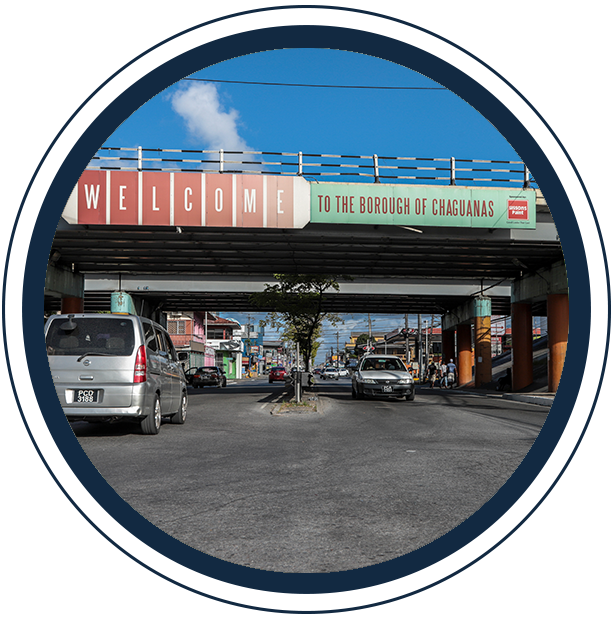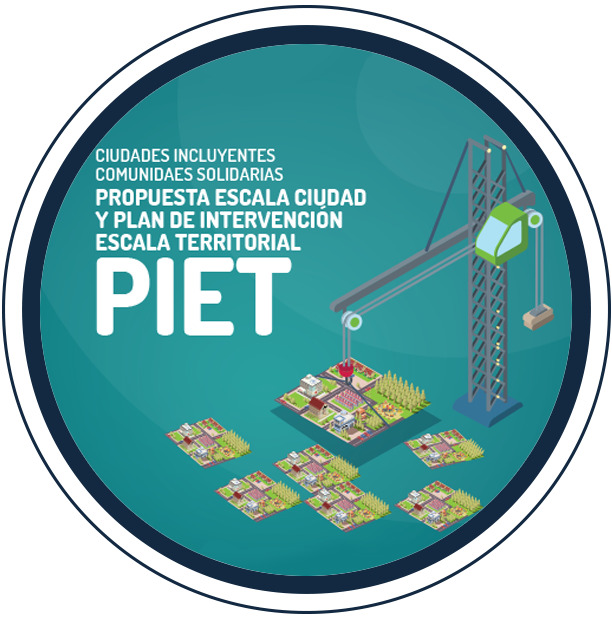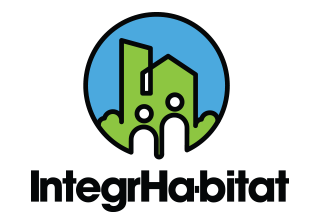Elaboration of comprehensive plans, within the reach of governments, for territorial intervention built in a participatory manner with the refugee, migrant and host communities, as a response strategy for the management of urban solutions to promote more inclusive cities and more supportive communities.


A plan built collectively, which contains actions that respond to challenges and needs identified in the cities and in the Territorial Intervention Units aimed at promoting the integration of refugees and migrants with host communities, overcoming the different vulnerabilities of territories and inhabitants, from the perspective of housing and habitat, social inclusion and socioeconomic and cultural opportunities, and legislation and governance.
This is a plan built collectively, which contains actions to respond to challenges and needs identified in the cities and in the Territorial Intervention Units. It aimsed to promote the integration of refugees and migrants within host communities, overcoming the different vulnerabilities of territories and inhabitants, from the perspective of housing and habitat, social inclusion and socioeconomic and cultural opportunities, and legislation and governance.
Learn how we are doing it:
– We are conducting workshops with the community to co-create solutions and promote integration in our city.
– How do we dream our city 2030? Help us build the vision of our territories, if you want to contribute with your ideas, send us a video answering these three questions to ciudades.incluyentes@onuhabitat.org
Thank you!
This plan is based on Rapid Market Assessments, which are developed and implemented with local governments. This plan allows mapping (self-) employment opportunities in the city’s main economic sectors with a specific focus on those with growth potential, identifying labor demand requirements in terms of both technical and soft skills, and identifying barriers and bottlenecks that hinder market access for refugees and migrants.

The project also promotes a new generation of care and orientation centers for refugees and migrants, as well as other vulnerable groups, which can be placed spatially at the center of the host communities and open to become vectors of change for inclusive neighborhood transformation, in a context of social cohesion based on new models of coexistence in diversity. Learn more about the Centers for Social Integration and Co-Creation of Habitat (IntegrHa-bitat)